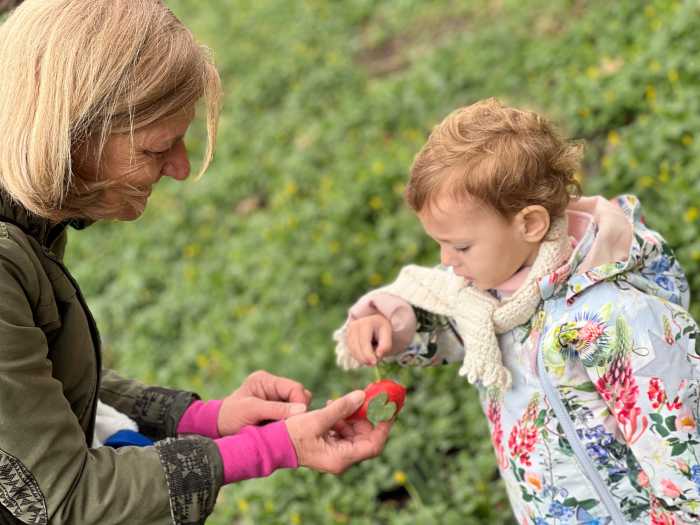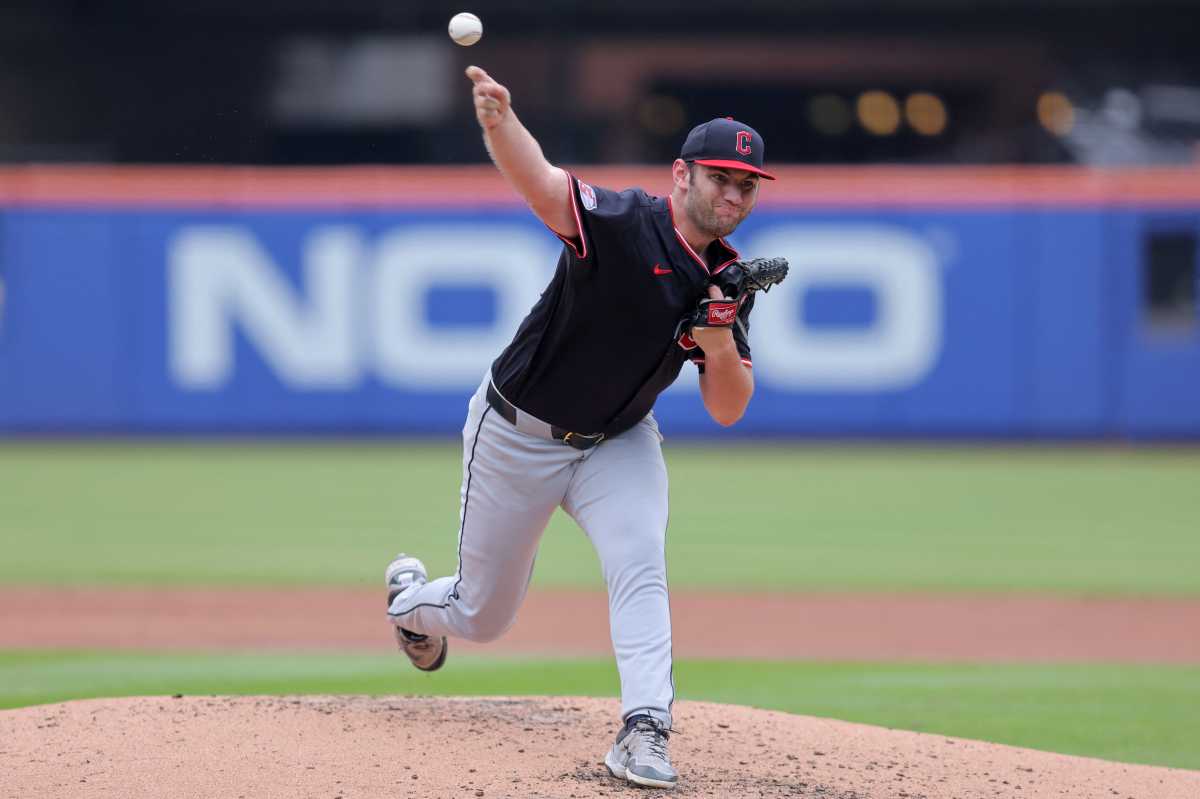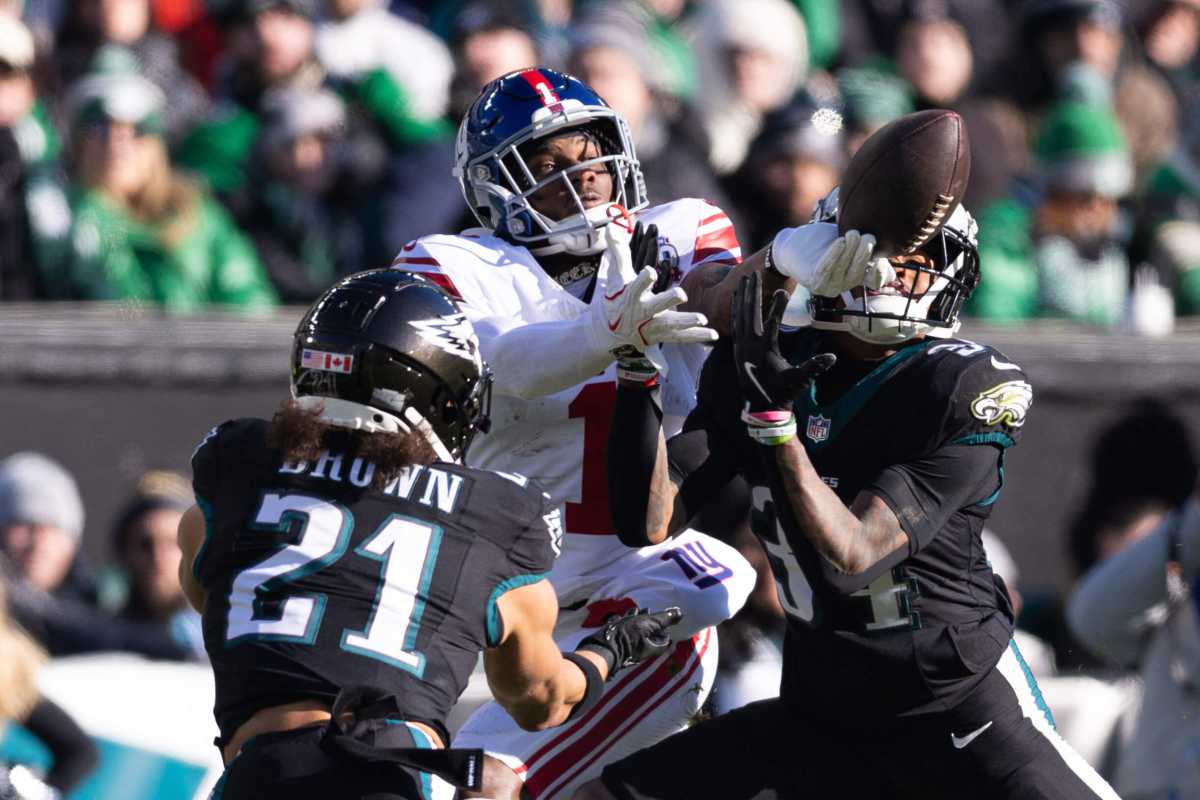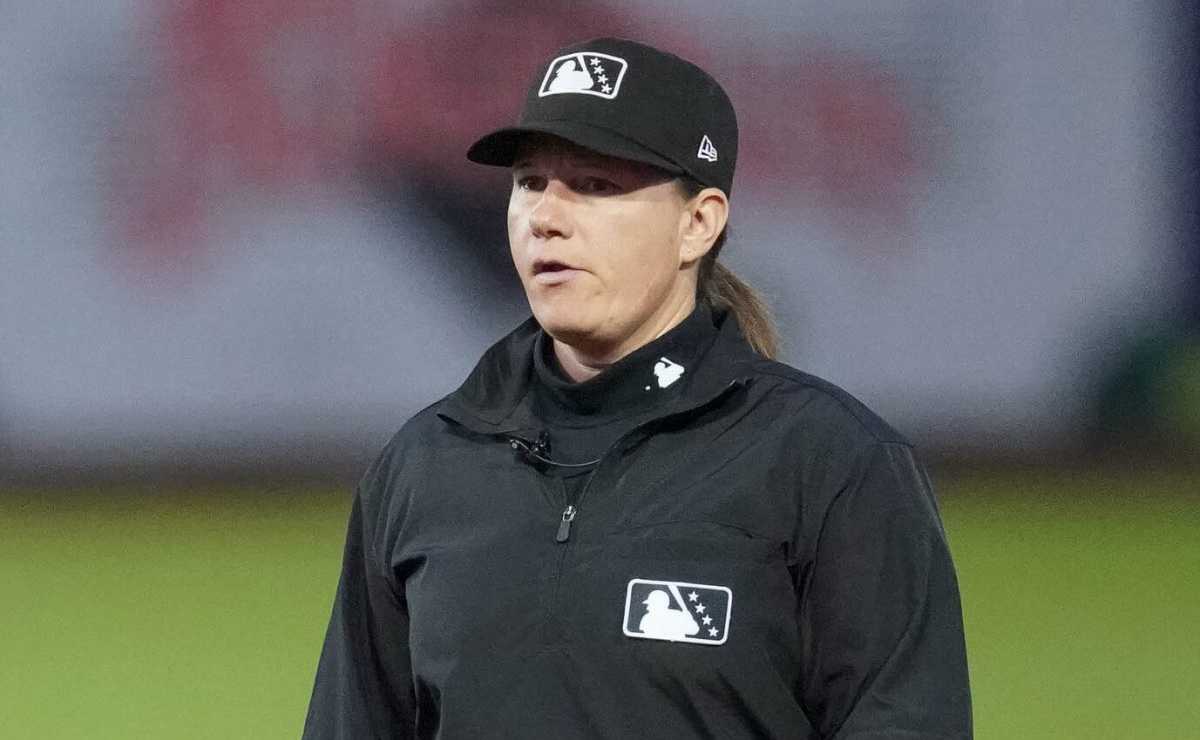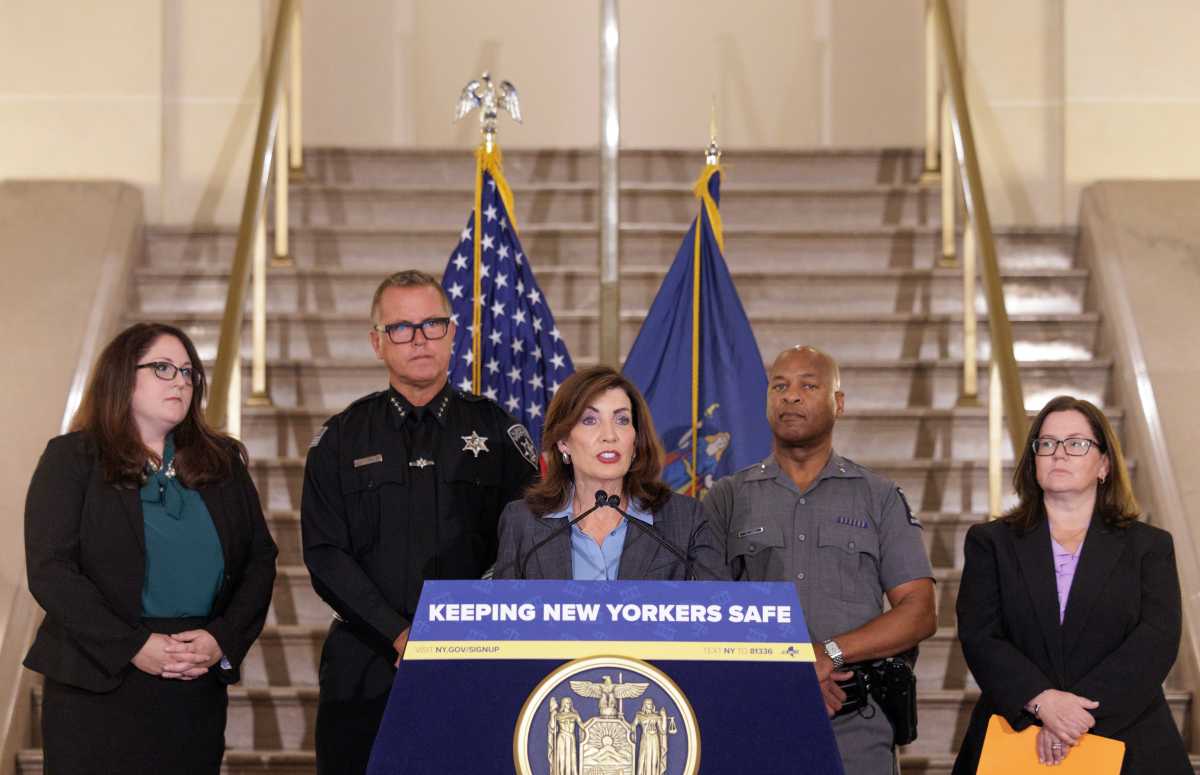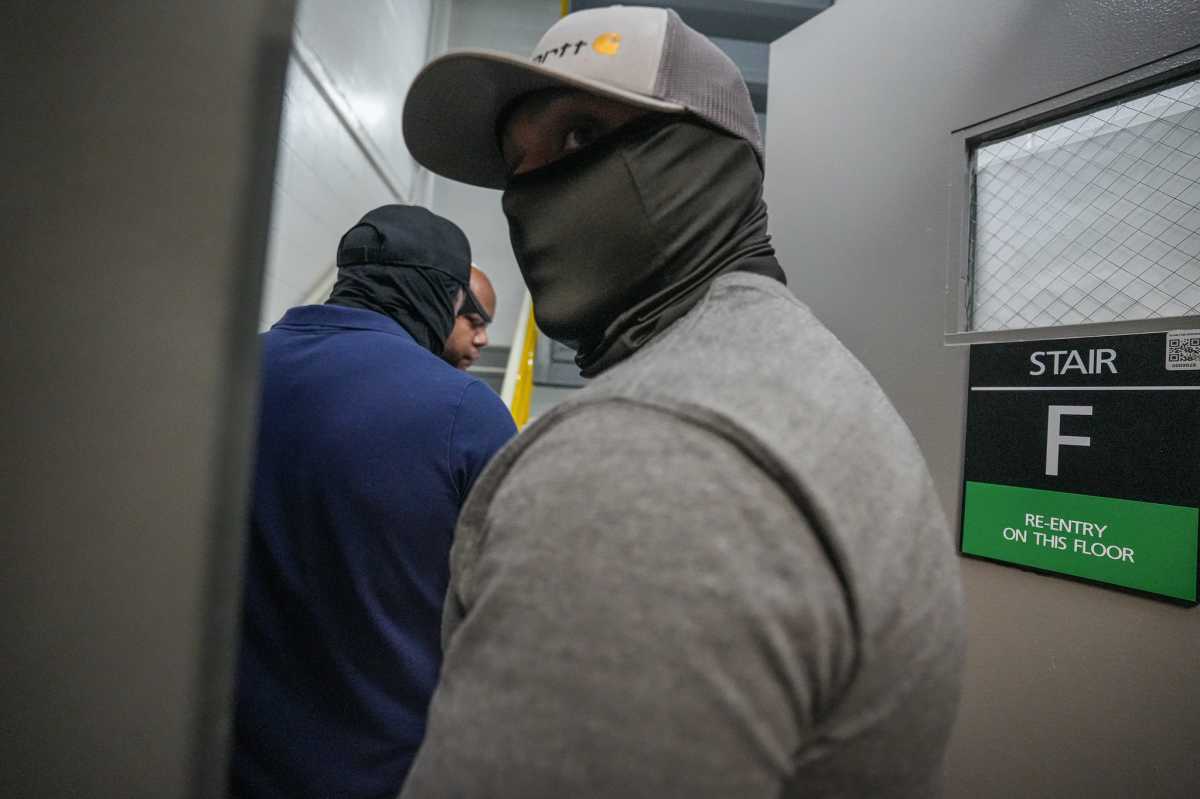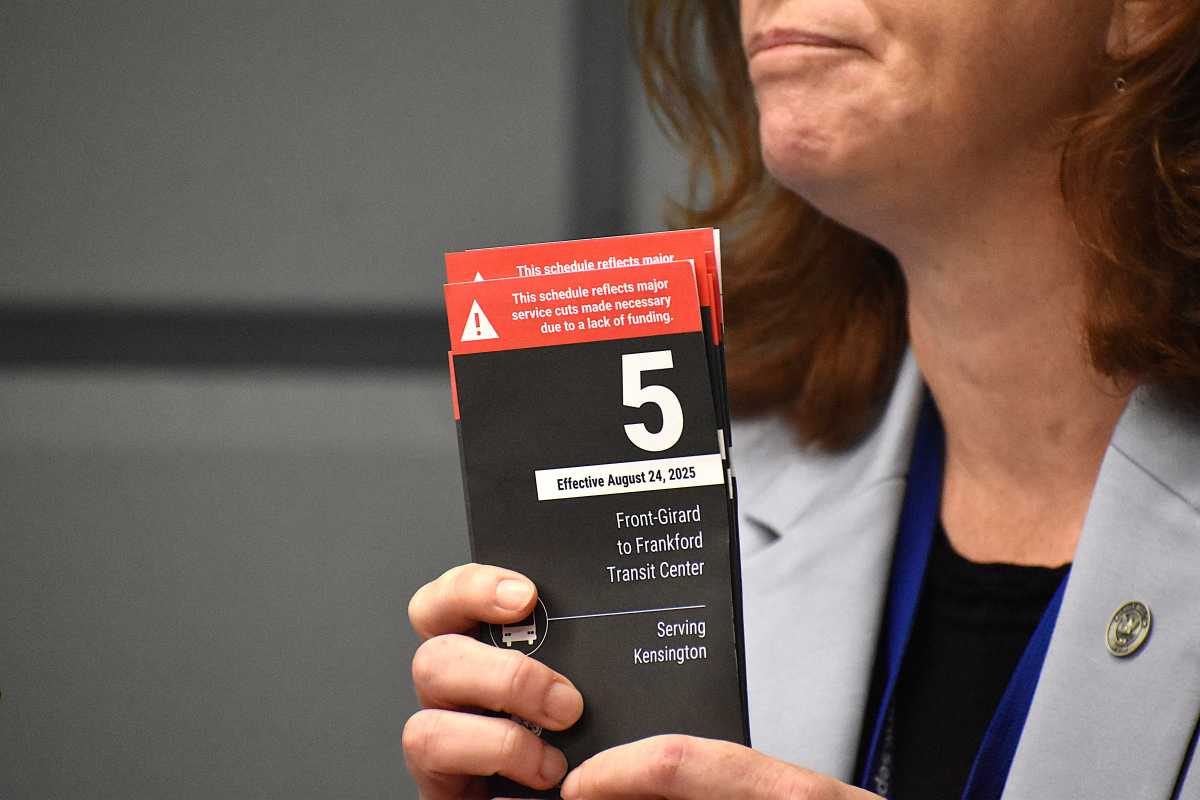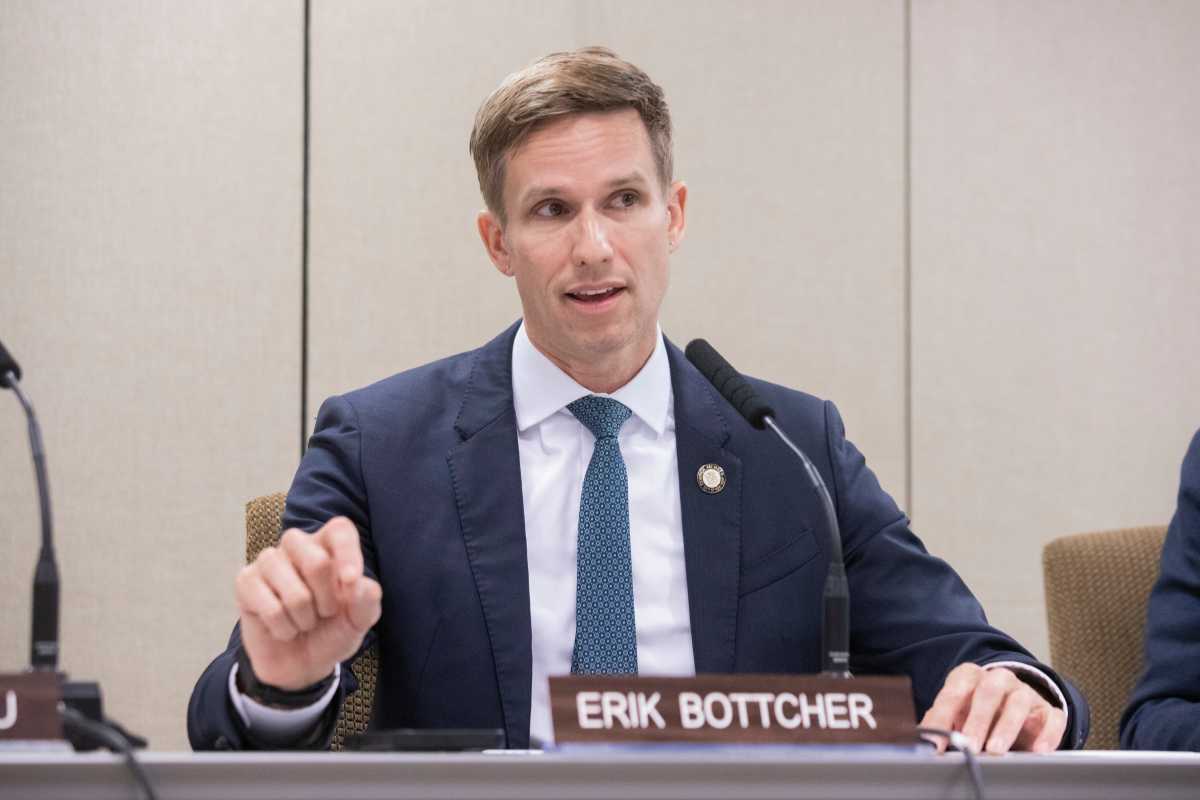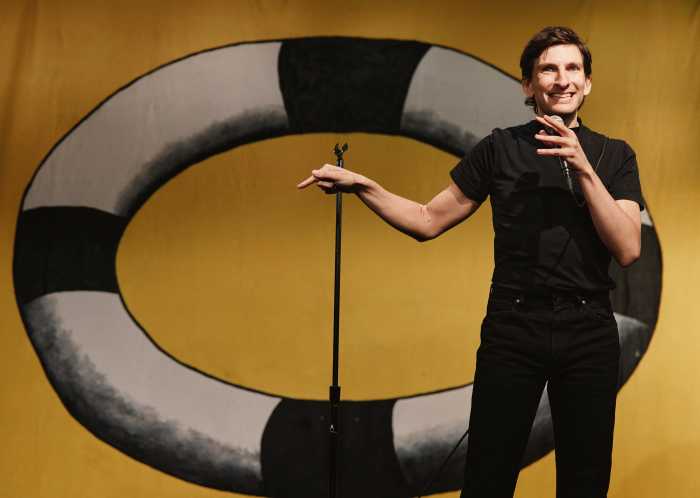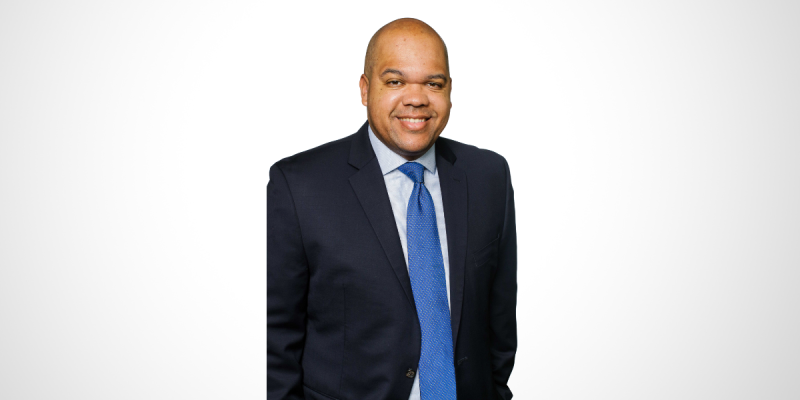When people think about Pride, more often than not, they automatically think of San Francisco or New York City, not Boston. Boston doesn’t get the credit it deserves for its rich LGBTQ history. From founding GLAD to the “Gay Community News,” here are some reasons why Boston LGBTQ community is crucial in the fight for equality.
1. The Gay Community Times
In 1973, Boston began to publish the “Gay Community Times,” which initially started as a local newsletter featuring a calendar of events for the LGBTQ community. Soon enough, the once local publication grew to a national publication, and it began to cover a lot more than just events. It became a resource for all LGBTQ issues around the country. It was published weekly from 1973-1992 and continued as a quarterly publication until 1999.
2. The Founding of GLAD
GLAD (Gay & Lesbian Advocates & Defenders) was founded in 1978 by a Boston-based lawyer named John Ward. In March 1978 police arrested over 103 gay men on countless charges. Police in plainclothes enticed the men to break the laws, but even with police accounts, it was unclear if anyone broke the law. The first case for GLAD was a year later called Doe v. McNiff, which charged Boston’s public library and police officials with violated the civil rights of a man. Later on, the man was found not guilty, but it took years to resolve and ultimately ended in a settlement. GLAD continues to fight to end discrimination based on sexual orientation, gender identity, HIV status, and more.
3. The electing of Elaine Noble
Elaine Noble was the first out gay member elected to the House of Representatives. She served two terms in office, her first term began in 1974 and her second term started in 1976. Before she ran for office, Noble helped set up some of Boston’s earliest Pride marches. Running for office was not an easy feat for Noble, who dealt with her car and campaign office being vandalized. She even received death threats. Besides being a supporter of gay rights, she also was a huge advocate for desegregation of Boston’s public schools.
4. The History Project
In the 1980s a group of activists, historians, archivists, and writers were provided with a grant from the city of Boston to document Boston’s vibrant LGBTQ history. The group made a slideshow of LGBTQ history, which was shown throughout the city and eventually, shown in the Boston library. It became one of the biggest exhibitions the library ever hosted. It is now one of the largest independent LGBTQ archives in the United States.
5. Barney Frank’s coming out
Barney Frank served in the U.S. House of Representatives from 1981-2013. The first bill he proposed was to prohibit discrimination of employment based on sexual orientation, which did not pass. However, it was the first attempt to legally protect gay rights in Massachusetts. In 1987 he became the first member of Congress to voluntarily declare his sexuality. There was a scandal involving him and a male escort in 1989, and they voted to reprimand him for poor judgment, but he easily recovered and was re-elected. In July 2012, he became the first sitting U.S. Representatives to enter a same-sex marriage.




